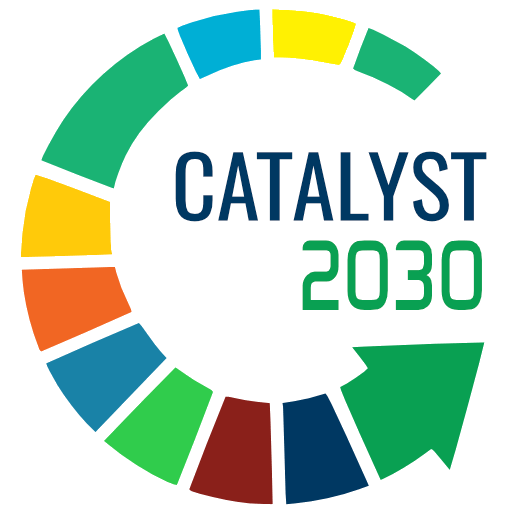
In Brazil, the cultural and social wealth of Traditional Peoples and Communities (PCTs) is immense. These are indigenous peoples, quilombolas, riverine communities, extractivists, caiçaras, and many other groups that keep alive unique ways of relating to nature and producing knowledge, food, crafts, and services.
Why is the seal important?
According to the Brazilian Ministry of Agrarian Development and Family Farming, the PCT Seal functions as a seal of authenticity and, at the same time, as a public policy of valorization: it indicates to the market and consumers that this food, craft, or service has its origin and link to traditional ways of life, guaranteeing cultural identity and practices of sustainable use of natural resources. This public mark tends to add immediate economic value to products, but its impact goes beyond price: it strengthens the community’s self-esteem, legitimizes its own modes of production, and creates tools for communities to negotiate on equal terms in the market.
In addition, the label helps protect against misappropriation—when traditional knowledge, symbols, or techniques are reproduced out of context and without recognition—and encourages commercial channels that respect sustainability and socio-environmental justice criteria. In this sense, it joins other existing recognition labels, expanding the possibilities for traditionally sustainable products to enter new markets.
Step-by-step guide on how to request your seal
The process is free and is done online through the Family Farming Showcase System.
- Additional documents required to obtain SENAF (according to MDA Ordinance No. 37/2023)
- Family farmers (individuals): Declaration of Aptitude in the CAF.
- Cooperatives/associations: CNPJ (Corporate Taxpayer ID), articles of incorporation or minutes of incorporation, and updated list of members (with members identified as family farmers).
- Companies/agribusinesses/restaurants: Receipts proving the purchase of family farming products (as required by the Ordinance).
- Indigenous organizations: FUNAI recognition statement.
- Quilombola organizations: Declaration of recognition by the Palmares Cultural Foundation.
- Additional documents for the Traditional Peoples and Communities Seal (Interministerial Ordinance No. 9/2025)
- Declaration of identification as a Traditional People or Community, issued and signed by an organization representing the segment (model provided for in the Ordinance, in the indicated annexes).
- Proof that the enterprise is managed exclusively by people from Traditional Peoples and Communities, or, in the case of associations/cooperatives, that more than half of the membership belongs to these segments.


